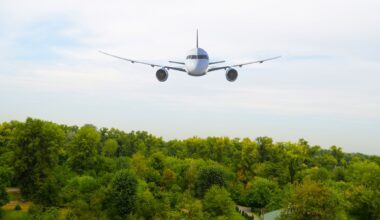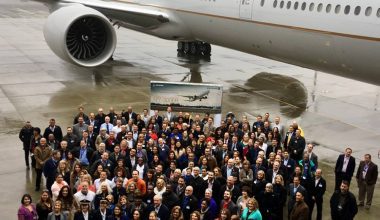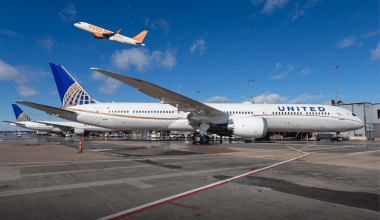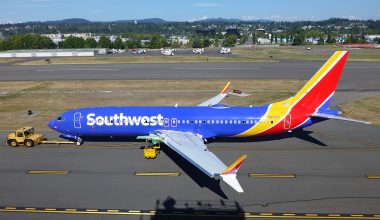Despite COVID 19 and its loss in the airline business, Delta Airlines is responding with increasing the capacity and schedules in November, as Canada plans to reopen for nonessential leisure travelers from the United States on August 9of 2021 following its partnership with Westjet Airlines.
According to the airline, Delta plans to increase transborder flights by 150 percent starting in September, increasing from eight daily flights to 19 daily flights between the United States and Canada. This comes as Delta and WestJet try to figure out what to do next with their relationship.
Read More: What are Delta Airlines future plans?
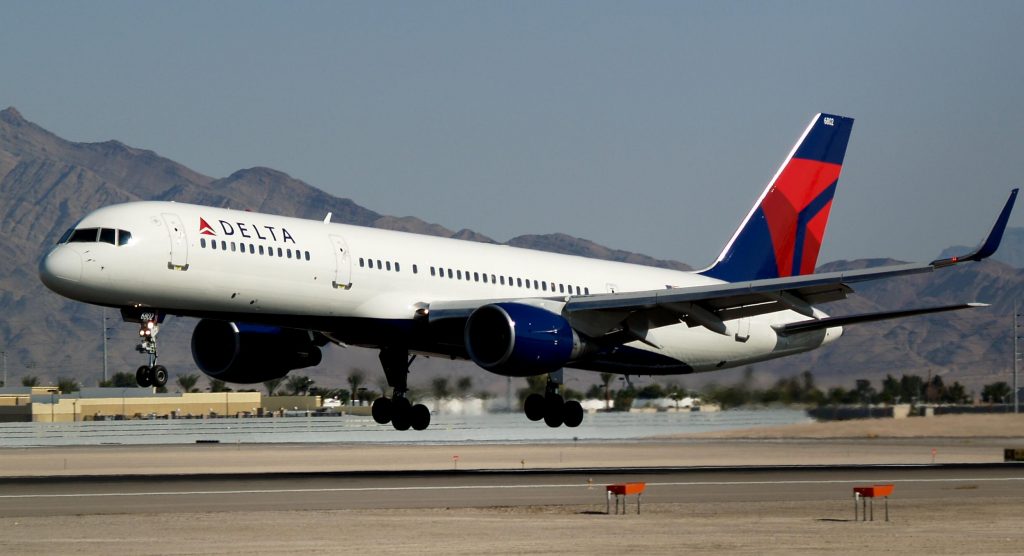
Thanks to the WestJet alliance, Delta customers may travel to additional places in Canada. Flights to secondary destinations like Halifax, Kelowna, Charlottetown, and others are included. These may necessitate establishing a link in destinations such as Toronto or Calgary. This is a traditionally significant sector that caters to both leisure and business travelers.
Delta Airlines will add approximately 1,000 seats to the market starting in September. Delta will fly to Canadian cities such as Toronto, Vancouver, Calgary, Montreal, and Winnipeg. The city with the newest flights will be Toronto, which will get ten daily flights in September. This involves the addition of four new daily flights from LaGuardia to Toronto.
As words from Joe Esposito, Delta’s Senior Vice President of Network Planning, continues:
“We’ve been anticipating the reopening of key gateways between these two countries, and we’ve made certain that our clients have the alternatives and connections they need when organizing their travels. Our customer-first strategy is critical to rebuilding the network and delivering a smooth travel experience with our worldwide partners, as it is to everything Delta does.”
Delta and WestJet have announced intentions to launch a joint venture in 2018 that will cover US-Canada flights. The Canadian Competition Bureau approved the joint venture in late 2019. Then there was the year 2020. Even though the virus caused havoc on both carriers, the U.S. Department of Transportation bore the brunt of the losses (DOT). The Department of Transportation concluded in the fall that WestJet and Delta would have to relinquish slots at LaGuardia to get final joint venture certification.

Delta is, however, resurrecting its Canada network. To meet the demand for transborder travel, the airline will begin flying more flights and using larger planes on trips to Canada in September. This is a traditionally significant sector that caters to both leisure and business travelers.
Rise of Delta Airlines
Delta has consistently improved several aspects of its services in order to maintain its position in the rankings and provide passengers with a better travel experience. Delta became the first U.S. airline to extend elite status through 2022 today, maybe anticipating a drop in trip bookings owing to the delta form of COVID-19. The previous status extension for Delta was set to end on January 31, 2022. On the other hand, all current Delta elites will have their elite designation extended for another year until January 31, 2023.

According to reports, Delta and its competitors have experienced an unprecedented increase of inquiries as individuals seek answers to knotty queries like pandemic travel credits and limits. Delta has said that it will hire over 5,000 staff to assist with record call volumes and other services. Additionally, the airline is improving its reward programs and extending the validity of both expired and freshly acquired tickets and matching flight vouchers until the end of 2022. This is in response to an unprecedented rise in travel following the global pandemic’s year of lockdowns.
The requirement for frequent airplane sanitation, required masks, touchless kiosks, plexiglass barriers, and other preventive measures, all based on passenger safety and well-being, will continue in practice for the unforeseeable future. Delta will continue to update to new technologies and techniques that will be an effective preventative strategy against the Covid virus, following the health authorities’ new rules and policies.

